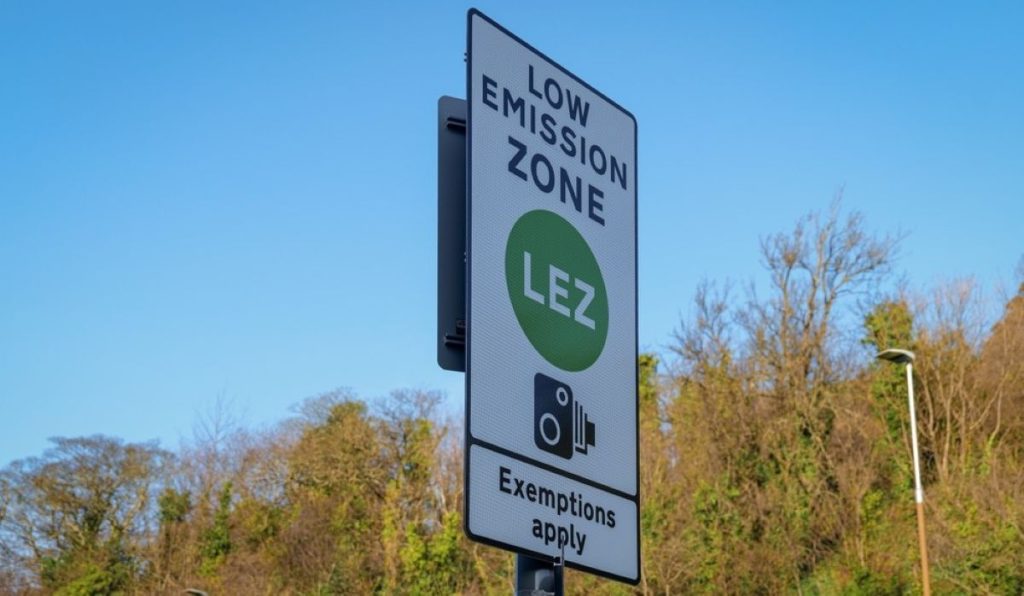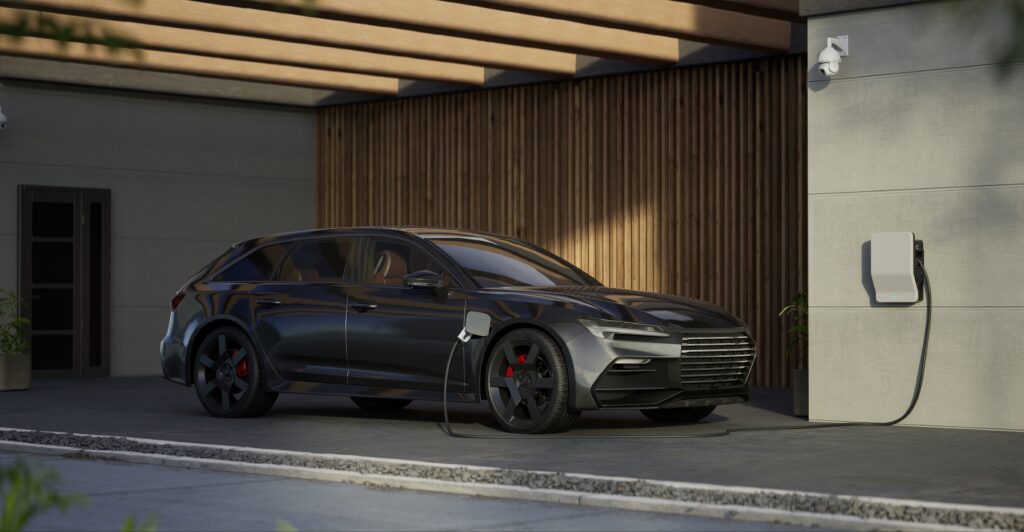A major new study reveals that plug-in hybrid vehicles are far less eco-friendly than believed, emitting nearly as much CO₂ as petrol cars in real-world driving conditions.
Others are reading now
A major new study reveals that plug-in hybrid vehicles are far less eco-friendly than believed, emitting nearly as much CO₂ as petrol cars in real-world driving conditions.
Emissions five times higher than official figures

Research by Transport and Environment found PHEVs sold in 2023 emit five times more CO₂ than their official lab-tested figures suggest, raising serious concerns over their green credentials.
The real-world vs. lab-tested gap

While lab tests claimed a 75% drop in emissions compared to petrol cars, actual usage shows only a 19% reduction. The discrepancy exposes a flaw in how hybrid efficiency is measured.
Misleading electric driving estimates

The key issue is a misjudged “utility factor,” which estimates how much hybrids are driven in electric mode. Official data assumed 84%, but the actual figure is just 27%, the report says.
Petrol use still too frequent

Even when in electric mode, hybrids rely on their petrol engines more than expected. The engine is active for nearly a third of the supposed electric driving distance, researchers found.
Also read
A hidden cost for drivers

Because drivers assume they’re using electricity alone, the unexpected engine use leads to surprise fuel costs—up to €250 more per year than anticipated.
Weak electric motors to blame

One reason for this engine reliance is underpowered electric motors. They can’t always meet performance demands, forcing the petrol engine to step in more often than designed.
European regulators respond

The European Commission is now adjusting the utility factor in official tests to better reflect real-world data, though discrepancies will still persist, according to the report.
Massive data set confirms findings

The study used onboard data from 800,000 vehicles across Europe, covering models registered from 2021 to 2023. The findings are based on observed fuel usage, not estimates.
UK policy allows PHEVs until 2035

Although fully petrol and diesel vehicles will be banned from 2030, PHEVs can be sold in the UK until 2035 under current net-zero policies.
Also read
Green image under threat

PHEVs have been promoted as a climate-friendly alternative. But the new findings challenge that narrative and may lead to calls for stricter regulation or revised incentives.
What it means for consumers

Buyers who thought they were choosing a greener option may now reconsider. The gap between perception and performance raises questions about transparency in eco-labeling.


